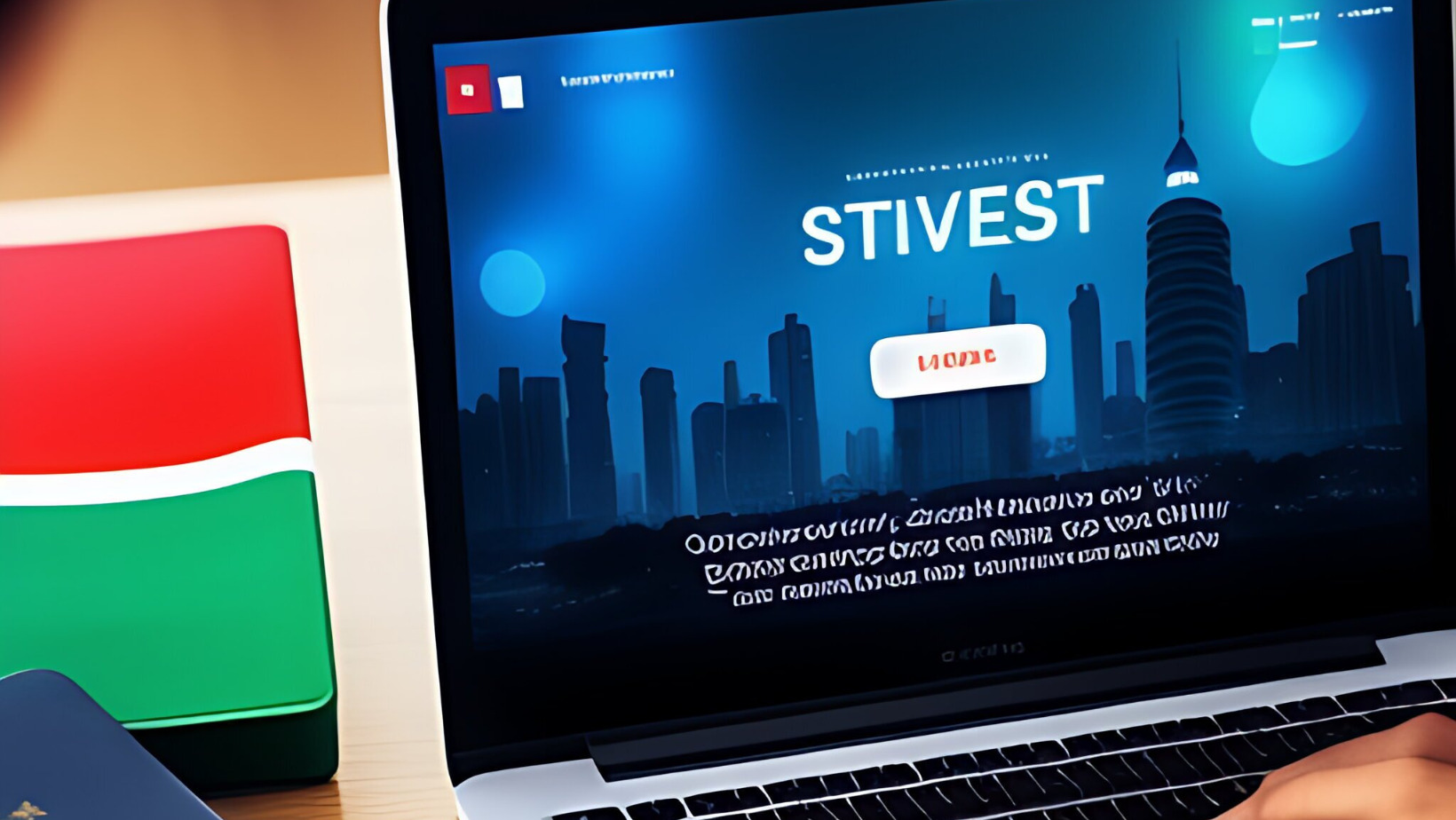
A Lucrative Opportunity for Growth – How to Invest in Indonesia
Are you interested in learning how to invest in Indonesia? Look no further! In this article, I’ll guide you through the process of investing in Indonesia and provide valuable insights into the country’s investment landscape.
Indonesia, with its robust economic growth and favorable investment climate, presents a promising opportunity for investors. To start investing in Indonesia, it’s important to understand the regulatory framework and market conditions. Familiarize yourself with the Investment Coordinating Board (BKPM), which serves as the primary entity responsible for promoting and facilitating investments in Indonesia.
Establishing local partnerships can greatly enhance your chances of success when investing in Indonesia. Collaborating with reputable Indonesian companies or individuals who have extensive knowledge of the local market can provide invaluable guidance and support throughout your investment journey.
How to Invest in Indonesia
If you’re looking for a promising investment destination, Indonesia should be on your radar. With its robust economy, strategic location, and attractive investment opportunities, it offers a plethora of reasons to consider investing. Here are some compelling factors that make Indonesia an enticing investment option:
- Strong Economic Growth: Indonesia has been experiencing steady economic growth over the years, making it one of the fastest-growing economies in Southeast Asia. The country boasts a large consumer market fueled by a growing middle class and urbanization trends. This presents immense potential for businesses across various sectors.
- Favorable Investment Climate: The Indonesian government has implemented several reforms to attract foreign investors and promote ease of doing business in the country. Initiatives such as deregulation, tax incentives, and infrastructure development have created a more investor-friendly environment. Additionally, the establishment of special economic zones provides unique opportunities for targeted investments.
- Abundance of Natural Resources: Indonesia is rich in natural resources like coal, palm oil, minerals, and natural gas. These resources not only fuel domestic industries but also open doors for lucrative export opportunities. Investing in sectors such as mining or renewable energy can tap into this abundant resource base.
- Growing Infrastructure Development: As one of the largest archipelagos in the world, Indonesia recognizes the importance of developing its infrastructure to facilitate trade and connectivity between its islands. The government’s commitment to infrastructure projects presents avenues for investment in sectors like transportation, logistics, telecommunications, and energy.
- Expanding Consumer Market: With a population exceeding 270 million people, Indonesia offers access to a vast consumer market with increasing purchasing power. Rising disposable incomes and changing consumption patterns create demand across multiple sectors such as retail, e-commerce, healthcare services, and tourism-related ventures.
- Strategic Regional Hub: Situated at the crossroads between Asia-Pacific markets and serving as a gateway to ASEAN countries, investing in Indonesia provides access to a vast regional market. The country’s participation in international trade agreements further enhances its position as a hub for business expansion and global supply chain networks.
- Government Support and Reforms: The Indonesian government continues to implement reforms aimed at strengthening the investment climate and attracting foreign capital. These include streamlining licensing procedures, improving intellectual property rights protection, and enhancing transparency in governance.
Investing in Indonesia can be a rewarding venture, but like any investment, it comes with risks. It is important to conduct thorough research, seek professional advice, and carefully assess opportunities before making any investment decisions. With proper planning and understanding of the local market dynamics, investing in Indonesia can offer lucrative returns and long-term growth potential.

Understanding the Indonesian Economy
Investing in Indonesia presents a promising opportunity for those looking to expand their portfolio. To make informed investment decisions, it’s crucial to have a solid understanding of the Indonesian economy. Let’s delve into key aspects that will provide insight into this dynamic market.
Key Industries in Indonesia
Indonesia boasts a diverse and robust economy with several key industries driving its growth. These industries offer potential investment avenues for both local and foreign investors.
Government Policies and Incentives for Investors
The Indonesian government has implemented policies and incentives to attract both local and foreign investors. These measures aim to promote economic growth, enhance the business climate, and facilitate investment. Here are some notable initiatives:
- Tax Incentives: The government offers various tax incentives to encourage investments in specific sectors or regions. These incentives may include tax holidays, reduced corporate income tax rates, or accelerated depreciation.
- Ease of Doing Business: Indonesia has made significant efforts to streamline its bureaucracy and improve the ease of doing business. Initiatives such as online company registration, simplified licensing procedures, and investor-friendly regulations have been introduced.
- Investment Protection: The government provides legal protection for investors through mechanisms like Investment Agreements and Bilateral Investment Treaties (BITs), ensuring a stable investment environment.
Understanding the nuances of the Indonesian economy is crucial when considering investment opportunities in the country. By analyzing key industries, growth potential, and government policies, investors can make informed decisions that align with their financial goals while capitalizing on the exciting prospects Indonesia has to offer.





